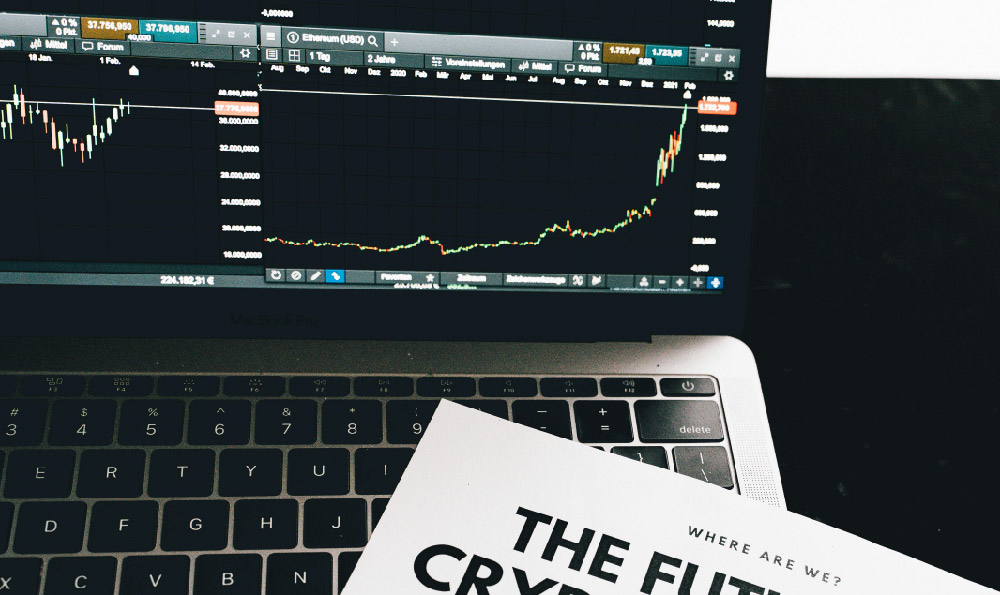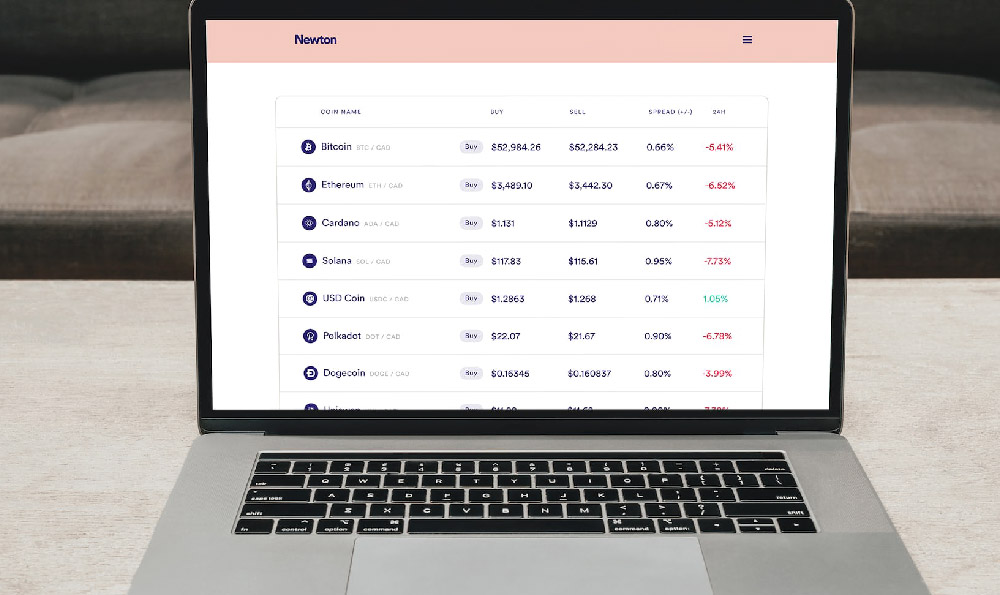Is Investing in Stock Market PH Smart? What's the Best Way?

Investing in the Philippine stock market can be a compelling proposition, offering the potential for significant returns and contributing to the growth of local businesses. However, like any investment, it's crucial to approach it with a well-thought-out strategy and a clear understanding of the associated risks. Let's explore the potential benefits and challenges of investing in the Philippine stock market, and then delve into some best practices to help you make informed decisions.
Understanding the Appeal of the Philippine Stock Market
The Philippine Stock Exchange (PSE) represents a vibrant economy with a growing middle class and a burgeoning business sector. Several factors make it an attractive option for investors:
- Growth Potential: The Philippines is a developing nation with strong growth prospects. Investing in local companies can allow you to participate in this economic expansion. Many businesses in the Philippines, particularly in sectors like consumer goods, infrastructure, and technology, are experiencing rapid growth, providing opportunities for investors to benefit from their success.
- Diversification: The PSE offers exposure to various sectors of the Philippine economy, allowing you to diversify your portfolio and reduce risk. Investing in companies across different industries can help mitigate the impact of downturns in any single sector.
- Dividend Income: Many Philippine companies distribute dividends to their shareholders, providing a steady stream of income. Dividend yields in the Philippine market can be particularly attractive compared to other investment options.
- Long-Term Growth: Historically, the Philippine stock market has shown strong long-term growth potential, making it a suitable option for long-term investors seeking to build wealth. While there will inevitably be periods of volatility, the overall trend has been positive.
Navigating the Risks and Challenges
Despite its potential, the Philippine stock market is not without its risks:

- Market Volatility: Like all stock markets, the PSE is subject to volatility, influenced by economic factors, political events, and global trends. Stock prices can fluctuate significantly in the short term, which can be unsettling for some investors.
- Economic Instability: Economic downturns in the Philippines or globally can negatively impact stock prices. The Philippines, like any emerging market, is susceptible to economic shocks that can affect investor sentiment and corporate performance.
- Political Risks: Political instability and policy changes can create uncertainty and negatively affect investor confidence. Changes in government regulations, taxation policies, or political leadership can significantly impact the business environment.
- Company-Specific Risks: The performance of individual companies can be affected by various factors, such as poor management, competition, and changing consumer preferences. Careful due diligence is essential to identify companies with strong fundamentals and growth potential.
- Lack of Information: Compared to more developed markets, information availability and transparency may be limited in the Philippine stock market. This can make it challenging for investors to make fully informed decisions.
Best Practices for Investing in the Philippine Stock Market
To maximize your chances of success and mitigate risks, consider these best practices:
- Educate Yourself: Thoroughly research the Philippine stock market, different investment options, and the companies you are considering investing in. Read financial news, analyst reports, and company filings to understand the risks and opportunities.
- Define Your Investment Goals: Determine your investment goals, risk tolerance, and time horizon. Are you saving for retirement, a down payment on a house, or another long-term goal? Your investment strategy should align with your specific objectives.
- Start Small: Begin with a small amount that you are comfortable losing. This allows you to gain experience and learn the ropes without risking a significant portion of your capital. Gradually increase your investments as you become more confident.
- Diversify Your Portfolio: Don't put all your eggs in one basket. Spread your investments across different sectors, industries, and asset classes to reduce risk.
- Invest for the Long Term: The stock market is inherently volatile in the short term. Focus on long-term growth and avoid making impulsive decisions based on short-term market fluctuations.
- Consider Professional Advice: If you are unsure about how to invest, consult with a qualified financial advisor who can provide personalized guidance. A financial advisor can help you assess your risk tolerance, develop an investment strategy, and manage your portfolio.
- Use a Reputable Broker: Choose a reputable brokerage firm that offers access to the PSE and provides reliable trading platforms and customer support. Look for brokers with a strong track record and competitive fees.
- Stay Informed: Keep up-to-date with market news, economic developments, and company announcements. This will help you make informed decisions and adjust your investment strategy as needed.
- Rebalance Your Portfolio Regularly: Periodically review your portfolio and rebalance it to maintain your desired asset allocation. This involves selling assets that have performed well and buying assets that have underperformed to restore your original balance.
Investment Options Available
There are several ways to invest in the Philippine stock market:
- Direct Stock Purchase: You can directly buy and sell shares of individual companies listed on the PSE through a brokerage account. This requires more research and active management.
- Mutual Funds: Mutual funds pool money from multiple investors to invest in a diversified portfolio of stocks, bonds, or other assets. This is a more convenient option for beginners as it is professionally managed. Equity mutual funds focus specifically on stocks.
- Exchange-Traded Funds (ETFs): ETFs are similar to mutual funds but are traded on the stock exchange like individual stocks. They offer diversification and can be bought and sold throughout the trading day. PSEi ETFs track the performance of the Philippine Stock Exchange index.
- Unit Investment Trust Funds (UITFs): UITFs are similar to mutual funds but are offered by banks and trust companies. They invest in a variety of assets, including stocks and bonds.
Conclusion: A Smart Move with Careful Planning
Investing in the Philippine stock market can be a smart move if approached strategically. While it carries inherent risks, the potential for long-term growth and diversification makes it an attractive option for investors looking to participate in the growth of the Philippine economy. Remember to educate yourself, define your investment goals, diversify your portfolio, and consider seeking professional advice. By following these best practices, you can increase your chances of success and achieve your financial objectives. The key is to do your research, understand your risk tolerance, and stay committed to your long-term investment strategy.















